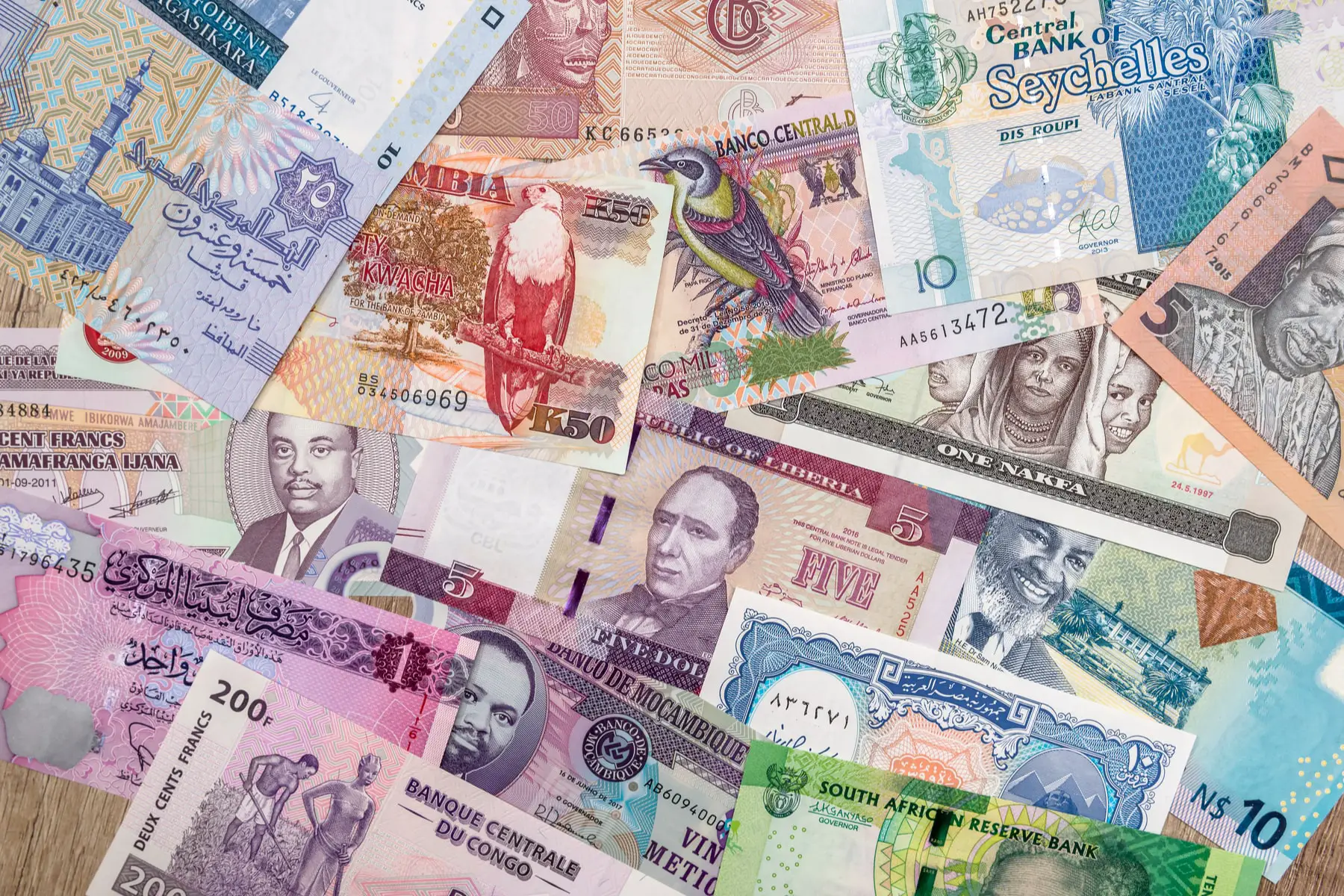With more people moving across borders and settling in different countries, the need for cross-border banking options has grown considerably. If you’re looking to transfer money from one country to another, there are traditional banks and newer financial companies that can meet your international banking needs.
Expats all over the world are perpetually seeking out international banking options that facilitate their cross-border lifestyle. A wealth of options exist, but choosing how to negotiate international borders with your finances can be a tricky task.
What is cross-border banking and why has it become more important?
Cross-border banking is simply having the option of sending money between bank accounts in different countries. People and companies have always transferred money across borders. However, with cross-border flows of both citizens and capital increasing in the modern age (not to mention the recent history of global financial crises), more financial companies are now providing this service and there have been moves towards making international banking easier, quicker, and cheaper. Setting up a cross-border banking system that works for you is one of the most crucial items on any prospective expat’s checklist for moving abroad.

This need should continue to grow. The number of people living outside the country they were born in has increased by 41% since 2000; meanwhile, expats are increasingly taking advantage of offshore wealth management opportunities. In the business world, cross-border financial transactions between businesses are predicted to increase by over a third – to US$218 trillion annually – over the next four years.
If you’re an expat, you may want to send money back home to family or simply transfer funds into an account in your home country. Maybe you’re fighting with currency exchange rate fluctuations and you just want to shift your deposits towards a more stable currency. Either way, the process wasn’t exactly user-friendly before. In the past, this may have taken several days and been very expensive to process. Nowadays, there are options that greatly reduce both the time and costs involved.
Cross-border banking through traditional banks
Most traditional banks offer international banking services to their clients. The exact level of service differs between banks, but their services can include:
- International money transfers to overseas account using secure systems such as SWIFT.
- Tailored expat bank accounts and services designed to make cross-border banking and transfers between different currencies easier.
- Euro bank accounts that are designed to make banking and payments between Eurozone countries easier, using Single Euro Payments Area (SEPA) integration.
- Partnering with third-party financial service providers to speed up the international money transfer process (e.g., Santander partnering with Ripple to offer a blockchain-based payment network).
Banks that offer cross-border banking or expat-specific services include HSBC, Deutsche Bank, FNB, Citibank, BNP Paribas, Barclays, China CITIC Bank, and Bank of Montreal. Enquire at your bank to find out what exactly is on offer to make international banking easier.
However, cross-border transactions through banks present two major problems to the client. The first is the associated fees. Cross-border payments between currencies can be complex and involve costs passed onto the client; these are usually called service fees, transaction fees, or exchange rate fees. Banks often do not fully explain these costs upfront, although there have been moves towards more transparency recently.
The second problem is the time it takes for money to arrive. Systems are in place to reduce this. However, money transfers between certain countries paid through banks can still take a few days and it can be difficult to arrange same-day transfers.
International banking through fintech
An alternative to using traditional banks for cross-border banking is to use a fintech company. Fintech (which is a portmanteau for financial technology) is a new sector of financial technology companies specializing in digital services. These services include things such as cross-border transactions, which can be performed on a smartphone. Many fintech services are often cheaper and quicker than through traditional means.
Fintech has grown considerably in both number and popularity over the past few years. Initially focusing primarily on services to businesses, more fintech companies now offer a range of services to individual consumers and have started to be seen as an alternative to traditional banking.

Services vary greatly from company to company. Some firms specialize in a particular service (e.g., international money transfers, loans) and market themselves as saving time and money for clients. For example, CurrencyFair offer only an international money transfer service. However, some companies have set themselves up as very similar to traditional banks. They often offer a borderless account with credit cards, mobile banking, and bill payment options.
Differences between traditional banks and fintech companies
Where fintech companies tend to differ from traditional banks is in the scope of services they offer. These start-ups are newer and smaller than the banks, however; as a result, they don’t offer the same range of account options (such as savings or premium accounts). That means you’re less likely to find fintech companies offering both international banking and loans or insurance.
However, given time, the scope of fintech companies is likely to expand. There is also an increase in fintech companies partnering with traditional banks to increase and improve service.
Opening a fintech account
Opening an account with a fintech provider is typically quicker and easier than through a traditional bank. You can usually do this online or through their app. You may need to upload personal documents for identification purposes if opening a full bank account. For border-less accounts offering international banking, you’ll only need to do this once.
Brands offering international banking and transfer services include:
- CurrencyFair offers money transfers to over 150 countries and have exchange rates up to eight times cheaper than the banks. This helps you avoid excessive bank fees.
- Revolut offers money transfers to bank accounts in more than 120 countries at around 8% cheaper than standard bank rates. They also offer currency exchange services for cryptocurrencies.
- Wise is an international money transfer provider available in 59 countries that offers transfers between cross-border bank accounts up to eight times cheaper than traditional banks.
- XE shows live currency rates and allows users to transfer money online to more than 170 countries. They provide quick, secure transfers for low fees.




